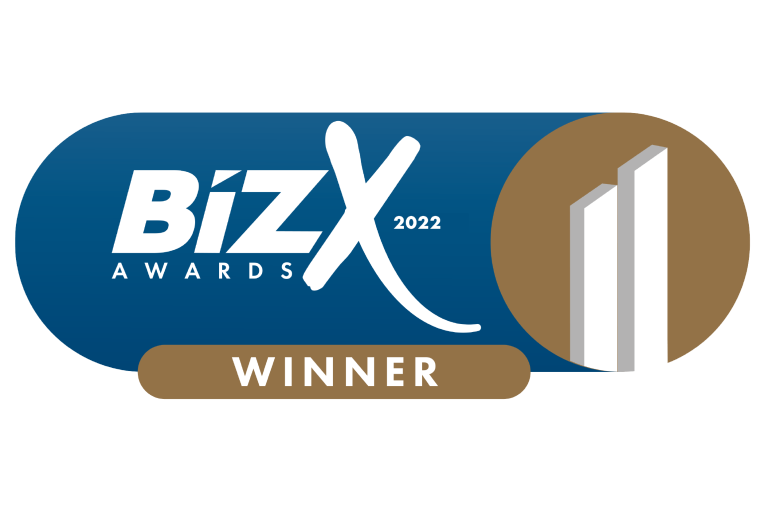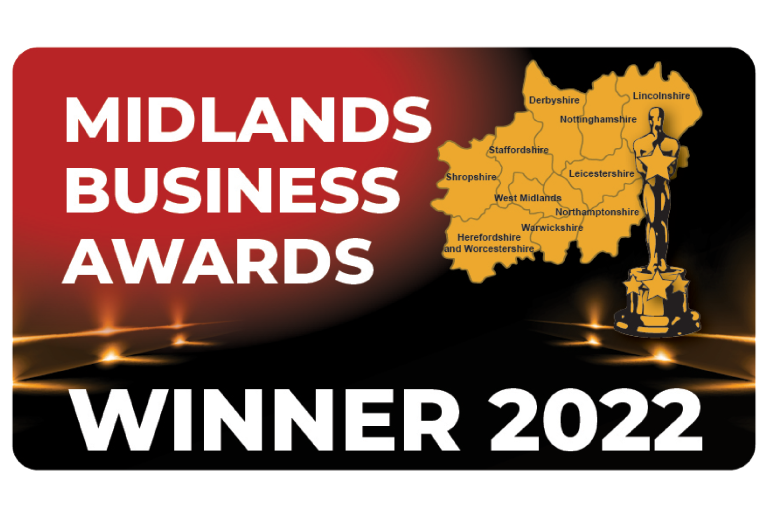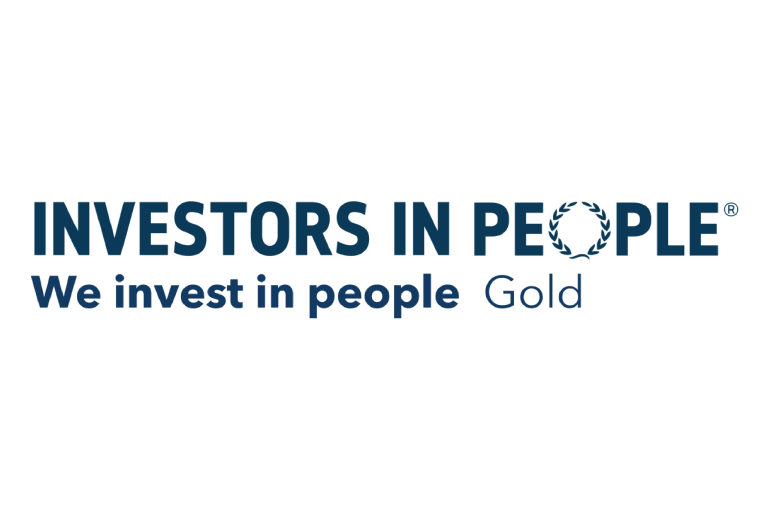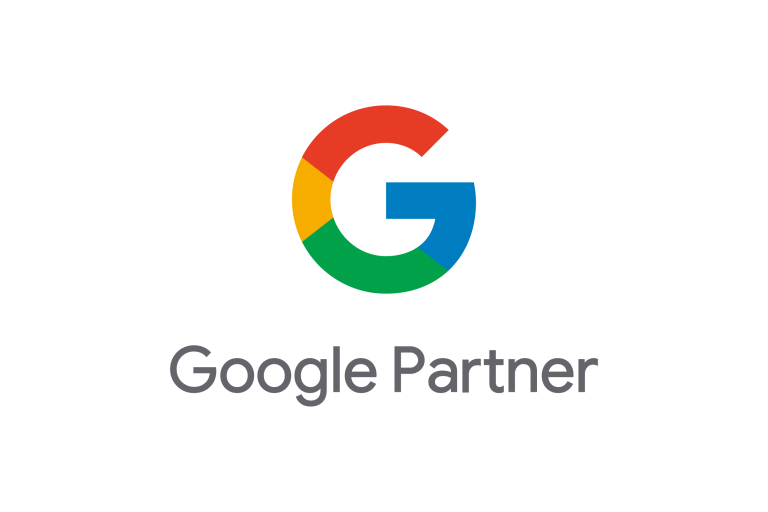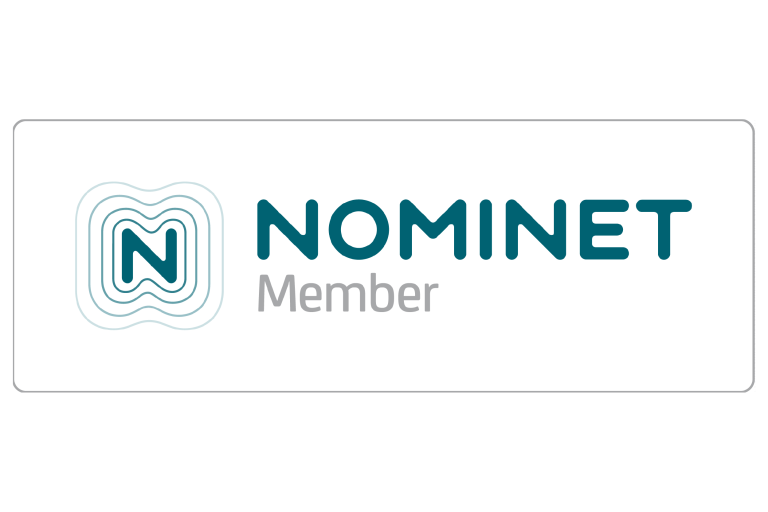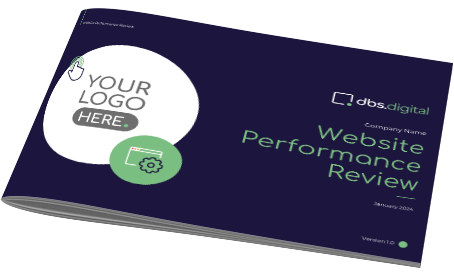When it comes to choosing a Content Management System (CMS) for your business, there are so many different options out there it can feel quite overwhelming. It is really important to choose the right CMS for your business, so we have put together this blog which explains the different types, as well as their benefits.
What Is A CMS Platform?
A CMS is a piece of software that allows you to both create and manage a website, without the need for technical knowledge. This means you won’t have to worry about learning how to code as the basics are all there ready for you. The CMS handles all the basic infrastructure so all you really need to do is add images and content and your website will be ready to go.
Choosing The Best CMS For Your Website
Before we go into detail with a CMS comparison, let’s have a look at some of the basic features you should look for in a good CMS:
- Ease of use – your CMS should have a drag and drop interface so you can easily add different elements to it. This means you can quickly make changes after the final website has been published.
- Flexible designs – the beauty of using a CMS is that there are so many different templates available, you really can make your website completely unique. Try to look for a CMS that will allow you to easily adapt the designs to make them your own (without needing to learn to code!).
- Extension & add-ons – add-ons, or plugins, are separate pieces of software that you can install on your CMS software to add new features to your website. This allows you to add features that will improve the experience users have on your website.
- Help & support – most CMS software is easy to use, and there are lots of guides on the internet to help you. Some have customer support teams that are only available during certain times of the day, and others have a whole online support community. Try to use a CMS that has a high level of support, you never know when you may need it.
WordPress CMS
WordPress is the number one choice when it comes to CMS platforms, and is the most popular CMS in the world. It is open-source, which means that it is free, and maintained by thousands of independent developers worldwide. You will need to purchase your own domain name and hosting if you go down the WordPress route.
Pros of WordPress:
- The flexibility to build any kind of website
- No requirement for any technical skills or coding knowledge
- There are thousands of themes & plugins available, both paid and free
- It is really well designed for SEO, to help you rank organically
- There is a huge support community should you require any help
Cons of WordPress:
- As well as sorting out the domain name and hosting, you will be responsible for security & backups
- Theme and plugin updates are quite frequent & constantly changing
- Too many plugins can really slow down your website
Shopify CMS
Shopify is an all-in-one hosted CMS platform, designed specifically for e-commerce businesses. You won’t need to worry about buying hosting or installing software, backups etc. as this is all done within the CMS itself. The interface is drag and drop, so it is nice and easy to showcase your products.
Pros of Shopify:
- With its integrated payment solution (Shopify Payments), you can accept credit and debit cards. There is also the option to use PayPal too
- There are lots of extensions and themes available
- Unlike with WooCommerce where you have to upgrade once you have generated a certain number of sales, this isn’t a requirement with Shopify
- They provide 24/7 support via live chat, email or phone
Cons of Shopify:
- If you choose to add lots of third-party apps this can get quite expensive
- The functionality is a lot more limited than with WordPress
- The subscription-based pricing model can cause you to rack up costs quite quickly
- The coding language used isn’t as popular as WordPress, so you will need to hire a developer to make big changes to your website
Wix CMS
Wix is a cloud-based website builder that allows you to create a website quickly and easily. You can create a website quickly, without any prior experience in website design or development. With pre-set features and custom templates, you can build a website in a short amount of time.
Pros of Wix:
- You will have full access to a gallery of images & video backgrounds
- The drag and drop interface makes it easy to create pages exactly how you want them
- There are lots of pre-made templates, which are also fully responsive
Cons of Wix:
- Once you have chosen a template, you have to stick with that one
- You can’t run an e-commerce website on Wix unless you upgrade to a paid plan
- You can’t easily download your data and export it
- If you use the free plan, you will have a Wix-branded domain name, and ads on your site (making money for Wix)
Bespoke CMS
A bespoke website is one that is built from inception, to your exact requirements. You are no longer restricted by the existing frameworks, templates and plugins, a bespoke website will give you advanced functionality and is the most popular choice for larger companies. With a bespoke CMS, you will have complete control over the design and development, and you can integrate this easily with other internal systems.
Pros of a Bespoke CMS
- Custom features, specific to the needs of your business (both on the back end and front end)
- Developers will have full control over the HTML output, so code will be clean and robust, producing faster loading times
- Bespoke web applications are more secure and have reduced chance of attack by cybercriminals
- Implementing custom features is easy, either during the website build or in the future
- As the website is tailor-made for your business, the user experience will be better
Cons of a Bespoke CMS
- The initial outlay in terms of cost will be much higher, but this works out cheaper in the long term
- The website code belongs to the developer so external parties may not be able to access the source code if there is a need for this
Conclusion
After having a read through of this blog, we hope you have a better understanding of the CMS available and which one may suit your business. It all depends on your individual requirements, but do bear in mind factors such as cost, security, scalability and maintenance. Remember although initial costs will be higher for a custom CMS, by the time you purchase a WordPress website and add on a load of plug-ins, costs soon begin to spiral!
If you would like more information on the best CMS for your business, get in touch with the experts at DBS Digital who will be able to assist you further.

